Exact Answer: 15 to 20 Minutes.
Walking is one of the most efficient forms of exercise which helps one to stay fit and active. Generally, it takes around 15 to 20 minutes to walk a mile for an average person. The time can be affected depending upon the fitness of the person, the terrain, and the speed of walking.
The pace of walking can be increased with consistent exercise and can reduce the time significantly. Walking a mile or 1.6 km per day can prove to give great health benefits in the long run.
A great way to increase the speed of walking is to set a timer. Try and complete the walk within the time limit for great results. Something important to keep in mind is to warm up before the walk to avoid cramps.
Once you reach your goal of completing the walk in the expected time, move on to increasing the walking distance. Walking every day will gradually have positive effects on the health.
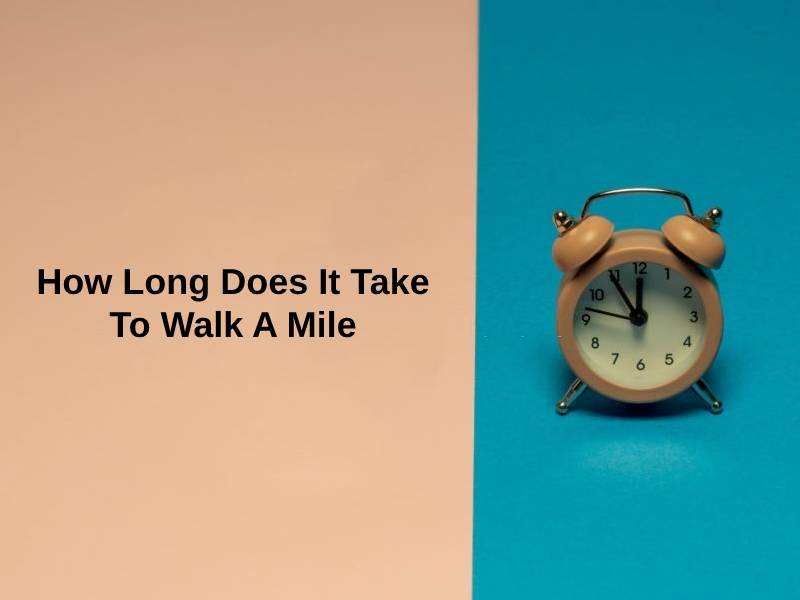
How Long Does It Take To Walk A Mile?
Getting an idea of how long it takes to walk a mile will help to plan the day. For people who think that running is out of their league, walking a mile every day can work a great deal. Ideally, it takes around 15-20 minutes to walk a mile.
With innovations in technology, many methods can help to calculate the distance and time taken for the walk. There are many mobile applications available that can help to ease the process of setting time and calculating the distance.
Competition makes one realize their strength and weaknesses. Another great way to enhance the walking speeds is to enroll in walking races/marathons. It will test the individuals walking speed and bring out the best in them.
It doesn’t matter if a person cannot walk very fast. The important thing is to stay consistent with the exercise and keep increasing the distance. The speed will go up gradually without even noticing. Even a small increase in walking has many health benefits.
The only competition should be the yesterday of the person and one must try to achieve more than what they did the day before. With walking having many health benefits, too much of it is also not good.
Maintaining a consistent speed throughout the walk is better than starting the walk too fast and then slowing down. Walking too fast can cause some health effects, like pain in the joints and other injuries.
If increasing the walking speed is the goal, try walking fast for 30 seconds-1 minute and then slow down for the next 1-2 minutes. Keep alternating this to increase the speed over time.
Lastly, don’t give up the consistency if you don’t feel like walking someday. Walking that day will help you motivate and reach your goal.

Summary:
| Age | Time Taken To Walk A Mile |
| 20-29 | 19-20 minutes |
| 30-39 | 18-19 minutes |
| 40-49 | 18-19 minutes |
| More than 50 | 28-30 minutes |
Why Does It Take That Long To Walk A Mile?
The time taken to walk a mile depends on the age of the person, fitness level, health conditions, and also the terrain plays an important part. If the terrain is inclined it would reduce the speed on the other hand if it is declined it would lead to an increase in the speed.
The fitness level of a person is also important while determining the time taken to walk a mile. If the person is athletic and plays sports the time can be reduced significantly. If a person is just getting started with exercise the time would be taken to complete a mile would be more.
Walking also has many benefits that can increase the concentration level and efficiency during working. It also increases the physical strength of a person and helps them stay away from diseases.

The process of digestion also improves if one walks a mile daily. Walking every day will also help to reduce weight and stay fit. Walking can also improve the mood and make one feel good. It can also improve sleep quality.
Conclusion
Walking can be a source of freshness by moving out of the stress and everyday work. It can help you think of new ideas and also improve mental health. Most importantly it makes one happy.
Too much walking can also be strenuous and should be avoided. Walking for a short distance consistently can improve health in the long run.


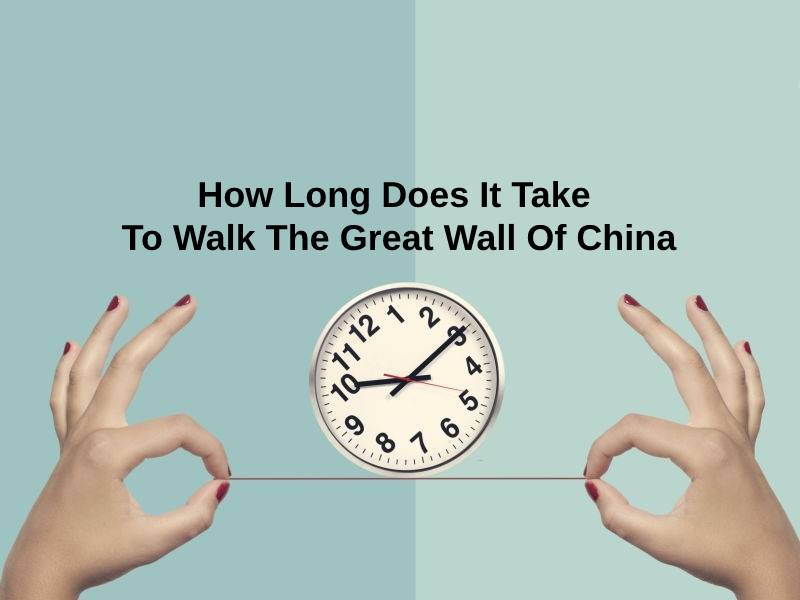
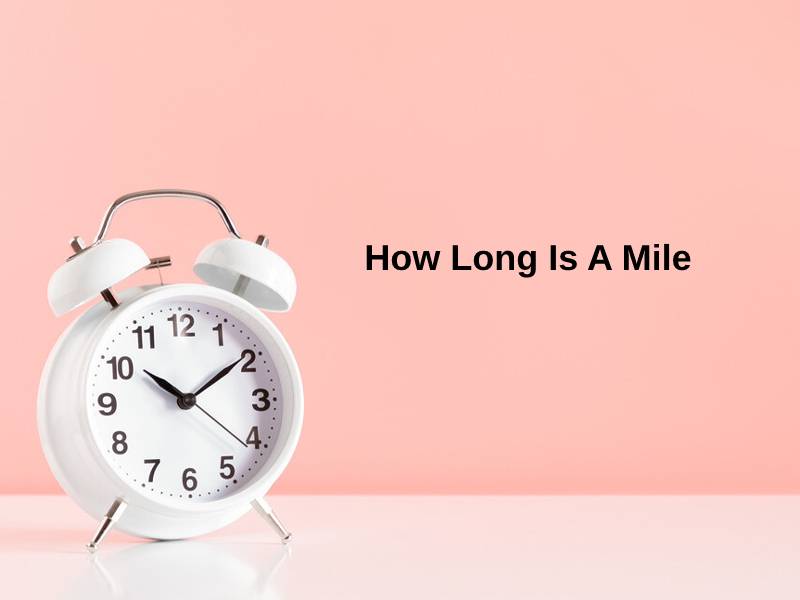

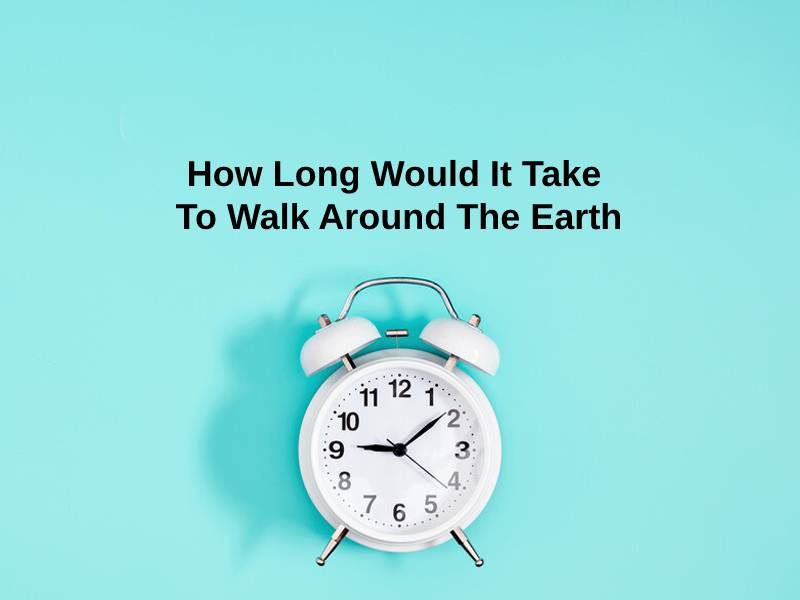
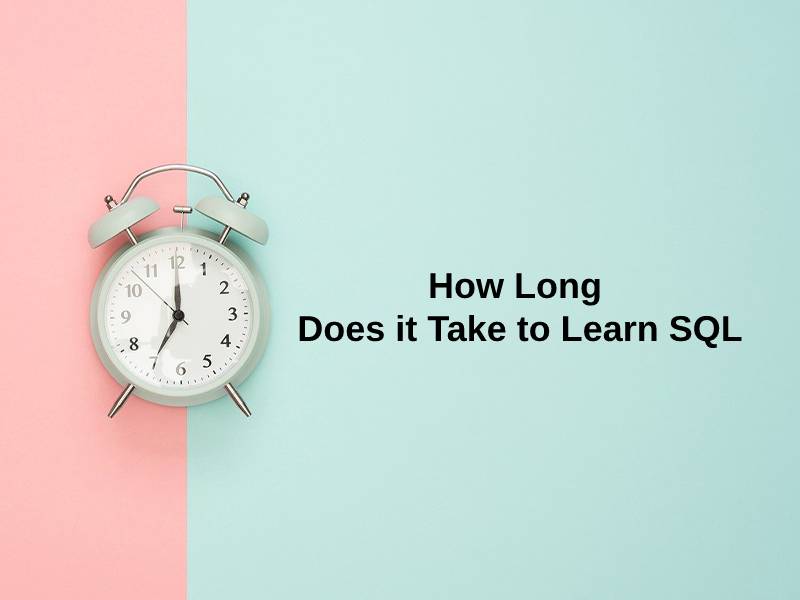

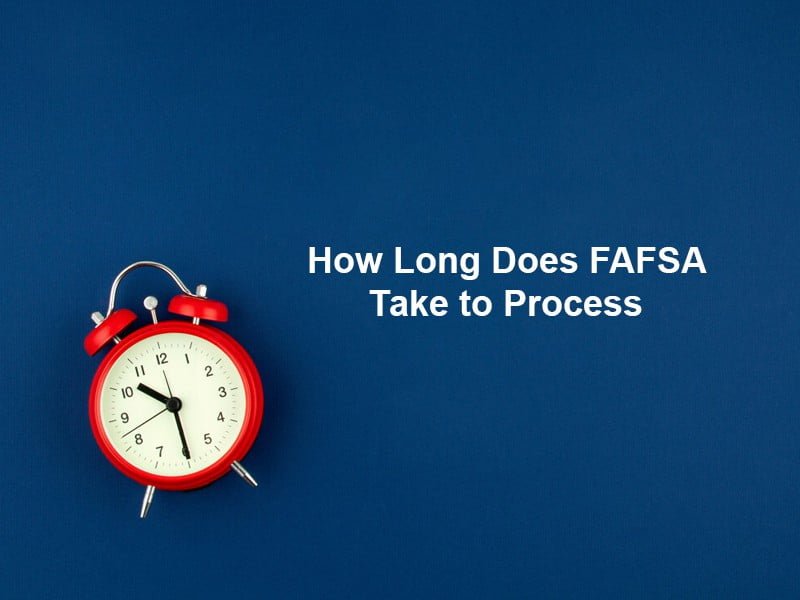

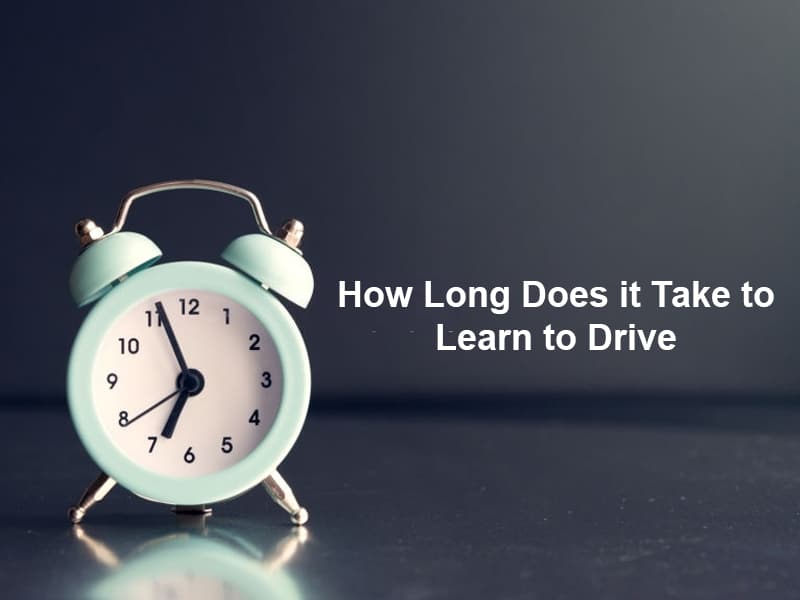



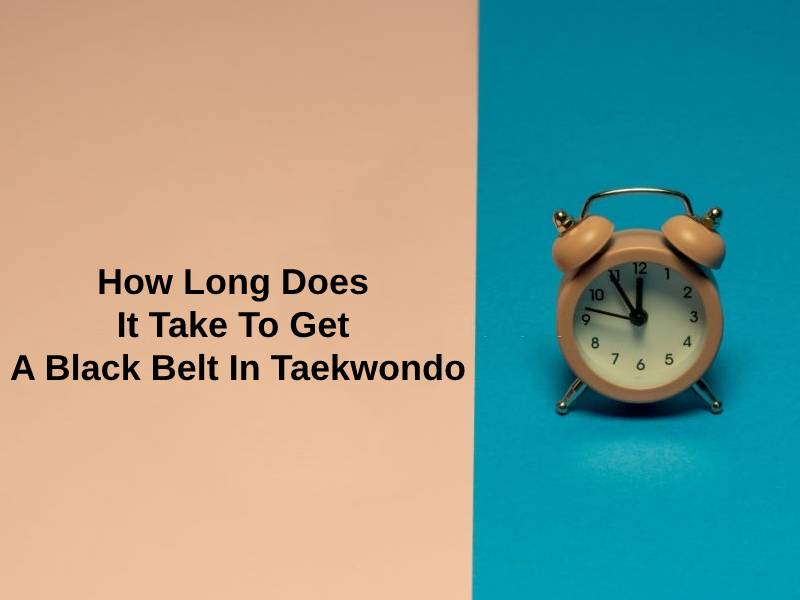

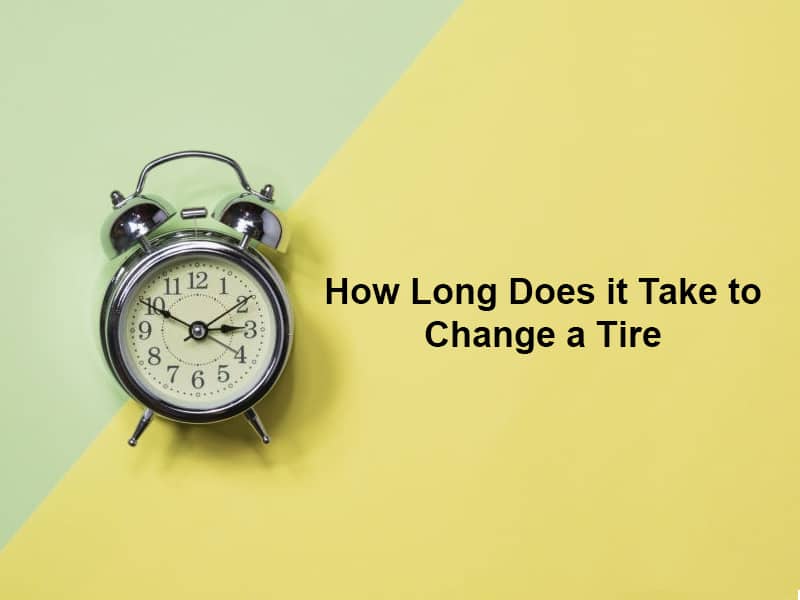


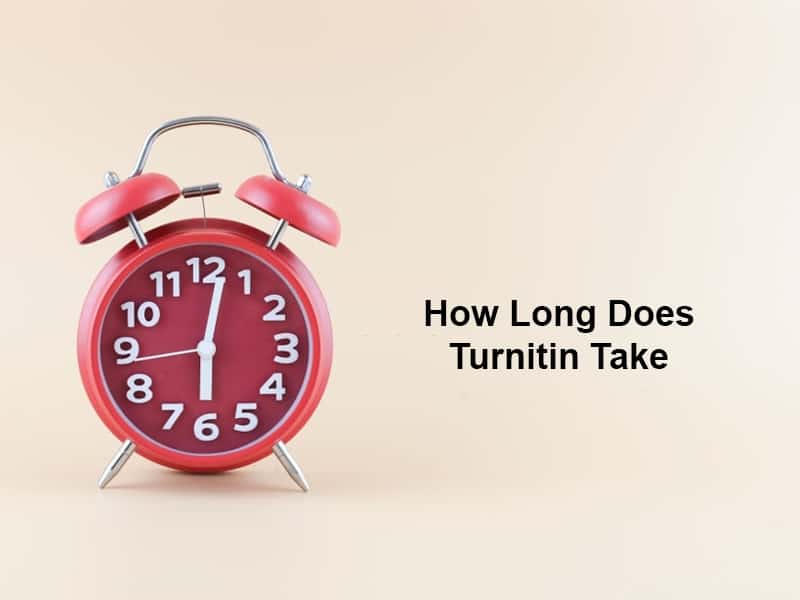

I found the data regarding the time taken to walk a mile according to age very useful. It gives a guideline for goal setting.
I agree, Quentin20. It’s a great way to understand the average time for different age groups.
I was really surprised to learn that walking in an inclined terrain would reduce the speed. It’s amazing how the terrain can affect our walking pace.
It’s truly surprising, Mandy. The article does a great job of detailing the contributing factors to walking speed.
The idea of warm-up before walking is often overlooked, but the article emphasizes its importance. This is great information for beginners.
I agree, Iclarke. Warm-up is crucial for an effective and injury-free walk.
This article effectively addresses the benefits and limitations of walking. It’s a great resource for anyone seeking to improve their health through walking.
Indeed, Erin. It provides a holistic understanding of walking and its impact on overall health.
The article gives pragmatic advice on increasing walking speed and distance. It’s motivational and encourages continuous improvement.
Absolutely, Parker. The focus on gradual improvement aligns with the principles of long-term health and fitness.
The informative and insightful content of this article is commendable. The benefits of walking are well-explained.
I couldn’t agree more, Qlewis. This content provides a comprehensive understanding of walking and its impact on health.
I appreciate the detailed breakdown of the reasons for different walking times. It helps to understand the multiple factors at play.
Well said, Shaw. The article did a great job explaining why it takes longer to walk a mile for different individuals.
Walking being a source of freshness is an interesting perspective. It’s admirable how the article delves into the mental health benefits of walking.
I completely agree, Stevens. The mental health aspect is often overlooked, and the article shines a light on this crucial benefit.
The article provides an appropriate balance between the positive and negative aspects of walking, which makes it very informative.
Well put, Faye. It’s important to acknowledge both the benefits and risks associated with any form of exercise.
This article is really informative and goes to show the benefits of a simple but efficient exercise. Walking is not only good for the body but also for mental health.
Agreed Glee, walking is great for the overall health!